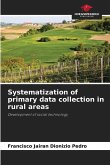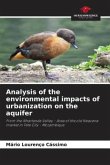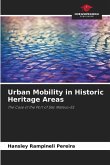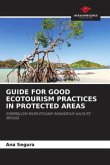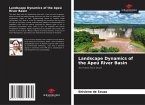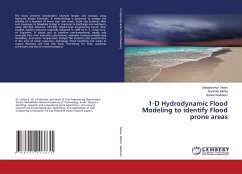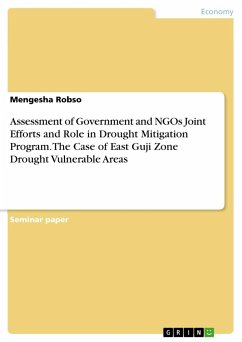With the accelerated growth of Brazil's urban population in the last decade, the country's urbanized regions have been formed. As a consequence, there has been an increase in construction and soil sealing, which has led to an unplanned reduction in the infiltration of rainwater into the soil and a modified water cycle (due to increased surface runoff). The state of Sergipe has not escaped the "urbanization rule" and also has a history of flooding. In order to control these changes, it is necessary to use tools to determine the percentage of impermeable areas in the basin. These tools can identify (from images) and generate values for land use and occupation, such as geoprocessing programs. In this study, four multispectral images from the Quickbird satellite were classified, where the Expansion Zone of the city of Aracaju can be located (in addition to the Atalaia, Aeroporto, Grageru and Jardins neighborhoods in the same city), located in the state of Sergipe, in northeastern Brazil. The images were classified and the percentage of impermeable area for each census tract was determined.
Bitte wählen Sie Ihr Anliegen aus.
Rechnungen
Retourenschein anfordern
Bestellstatus
Storno


